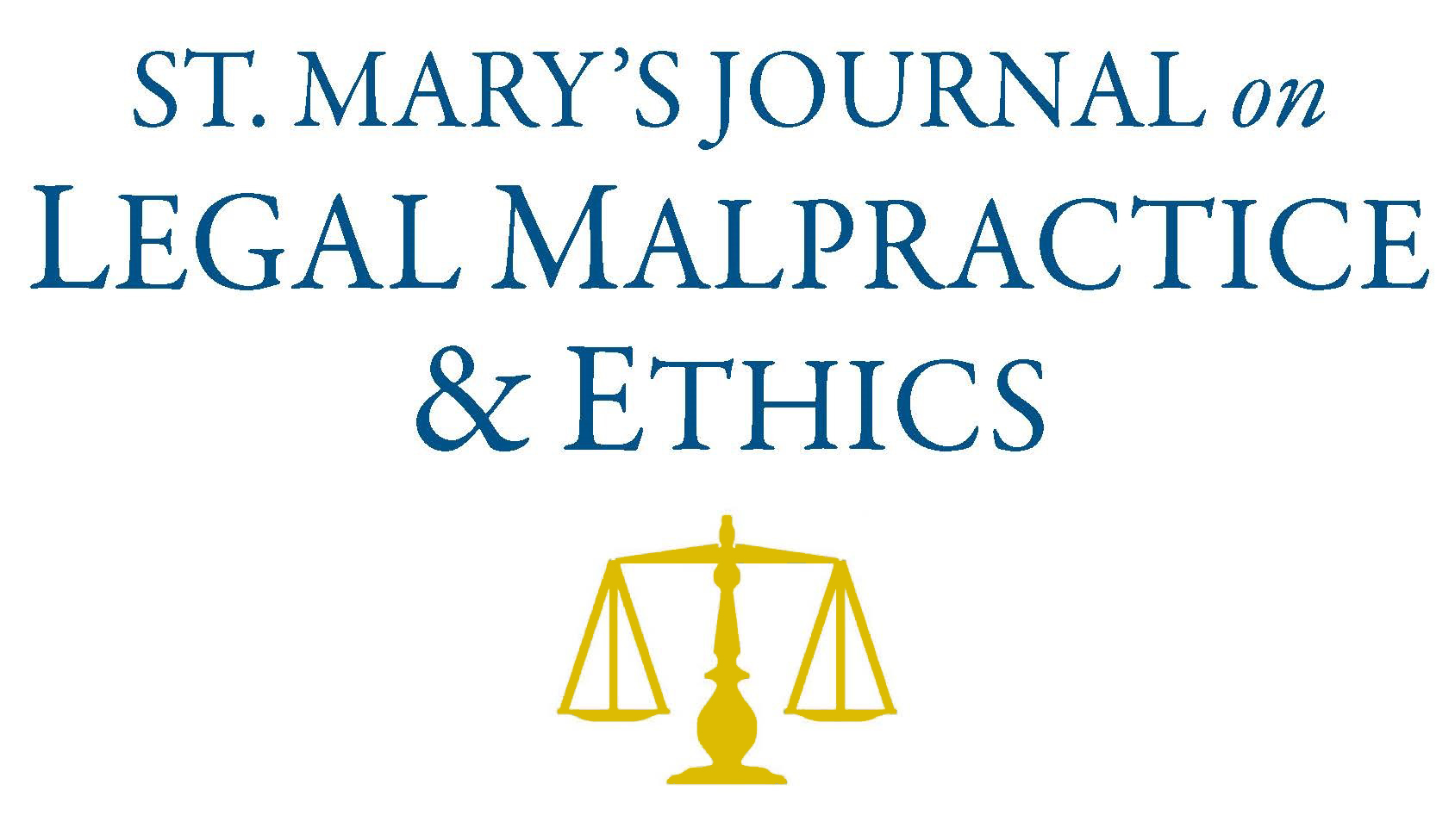
First Page
374
Date Created
1-1-2014
Publisher
St. Mary's University School of Law
Editor
Elizabeth Germano
Last Page
407
Abstract
Lawyer disqualification—the process of ejecting a conflicted lawyer, firm, or agency from a case—is fairly routine and well-mapped in civil litigation. In criminal cases, however, there is an added ingredient: the Sixth Amendment. Gideon, which is celebrating its fiftieth anniversary, effectively added this ingredient to disqualification analysis involving indigent state defendants although it already existed in essence for both federal defendants and defendants with the wherewithal to retain counsel. Once a defendant is entitled to counsel, the many questions that follow include whether and to what extent conflicts of interest—or other misconduct—render that counsel constitutionally ineffective. Most cases and commentary are arguably directed too late in the process—i.e., at the post-conviction stage in which the deferential Sullivan or the even more deferential Strickland standard applies. A much faster and more effective remedy might be to disqualify problematic counsel on the front end. But the government might use motions to disqualify as tools to weaken criminal defendants’ defenses by depriving defendants of their chosen and effective advocates—just as civil litigants seemingly use motions to disqualify. This Article takes a close look at the application of the Sixth Amendment in disqualification cases and finds: (1) that when compared to civil litigants and even the prosecution, criminal defendants generally have weaker, not stronger, rights to counsel and to ethical representation; and (2) that the way forward is judicial respect for rich—and poor—defendants’ rights to continuity and discontinuity of counsel.
Recommended Citation
Keith Swisher,
Disqualifying Defense Counsel: The Curse of the Sixth Amendment,
4
St. Mary's J. on Legal Malpractice & Ethics
374
(2014).
Available at:
https://commons.stmarytx.edu/lmej/vol4/iss1/9
Included in
Law and Society Commons, Legal Ethics and Professional Responsibility Commons, State and Local Government Law Commons

